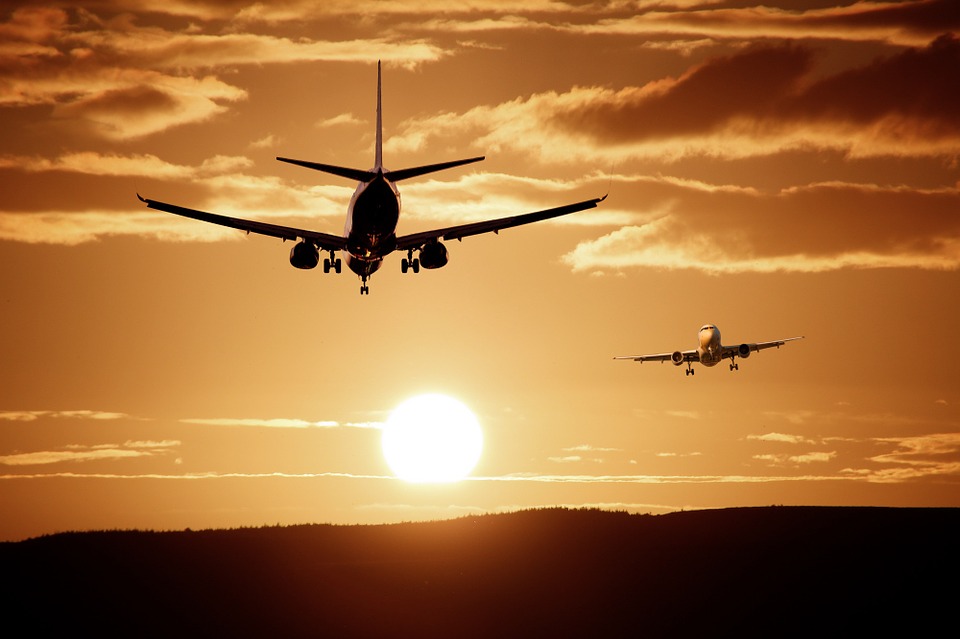The airline industry could face more failures due to higher oil prices and increased consumer compensation payments, according to a leading aviation consultant.
The sector has experienced a series of collapses in recent months, including the Danish low-cost carrier (LCC) Primera, Cobalt Air, based in Cyprus, and the Swiss airline SkyWork.
Aviation consultant John Strickland of JLS Consulting said in an Industry Outlook session at WTM London: «I think there will be more flaws.» One of the challenges for the airline business has been the dramatic increase in the price of fuel in the last 12 to 18 months «.
Two years ago, aviation fuel was priced at around US $ 30 per barrel, but increased by 40% in the last 12 months to reach US $ 70 to US $ 80 per barrel.
«The main thing to keep in mind is if an agreement to buy Norwegian by IAG (International Airlines Group) is concluded. If that does not happen, the challenges will be even greater for Norwegian,» Strickland said.
«But if an agreement is concluded, this could make Norwegian an even more powerful and low-cost long-haul airline.»
IAG, which owns British Airways, Iberia, Aer Lingus and Vueling, has already submitted several offers for Norwegian this year.
«The long-term cost has been the flavor of the month as a business model: it’s about offering a low price and a simplified service with the passengers who buy the extras they need,» Strickland said.
«Nobody has won a significant amount of money doing this: Air Asia has only had limited profits and Norwegian has not been cutting it financially either.»
«Norwegian had big losses last year, although they improved their earnings in the third quarter in the peak summer months. They are a very important airline, especially in the Atlantic, where demand tends to decrease in the winter. We’re going to see a lot of red ink this winter. »
Despite these financial pressures, Norwegian continues to increase its capacity with a planned 20% increase during 2019.
Strickland added that European regional airlines were also fighting for higher fuel costs with VLM, another airline that will fail this year.
Another problem for airlines is the high level of compensation they must pay for flights delayed and canceled by European Union legislation, known as EU261.
«For some airlines, particularly regional airlines, this has pushed them to the limit because of the amount of compensation they have to pay,» Strickland said.
«What was meant to protect consumers now leads to less competition because airlines fail or decide not to operate on certain routes.
«An airline said they will not enter new routes in France because of that, they should change [EU261] if we are not going to see more airlines fail».
Strickland added that he expected Emirates to remain the «leading» airline in the Middle East region, ahead of rivals Etihad Airways and Qatar Airways.
He said that these carriers could use next-generation aircraft, including A380s and Dreamliners, to offer direct or nonstop flights around the world.
«They are powerful airlines, Emirates will remain the leader. Governments are seeing the economic benefits of having a strong airline, «Strickland added…



